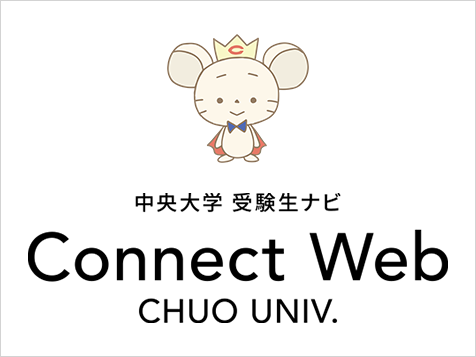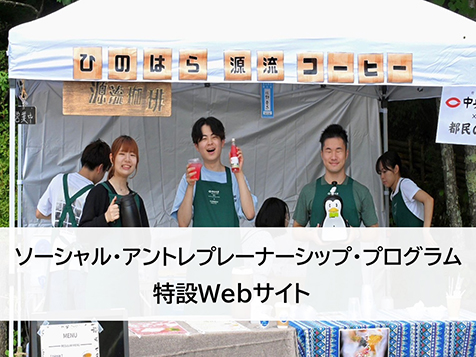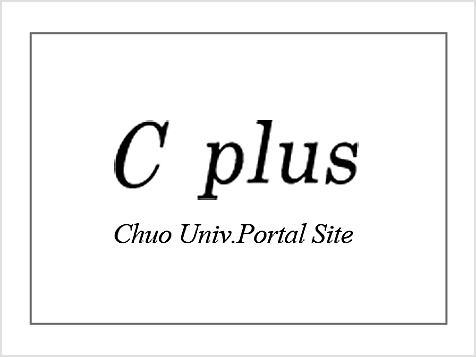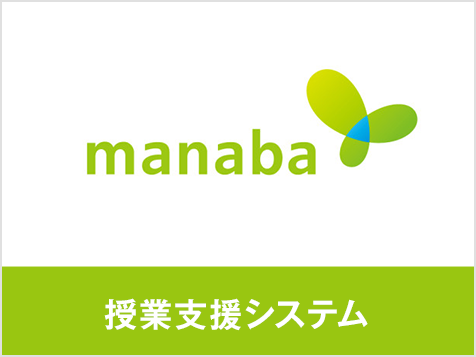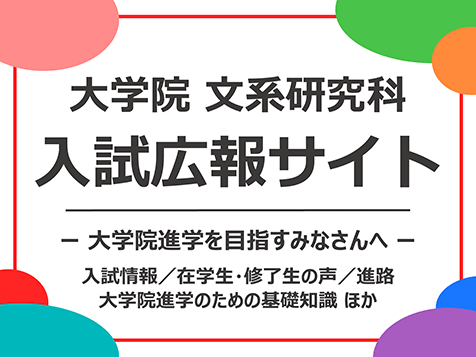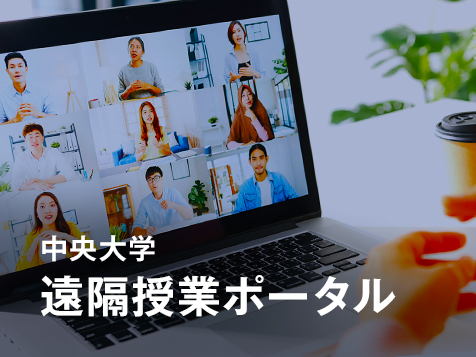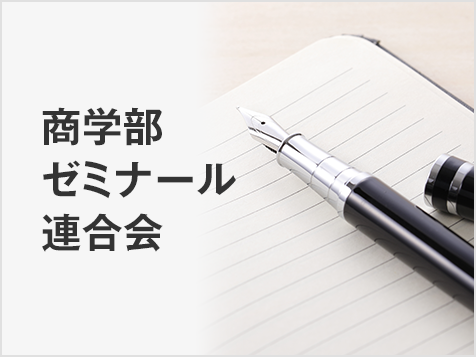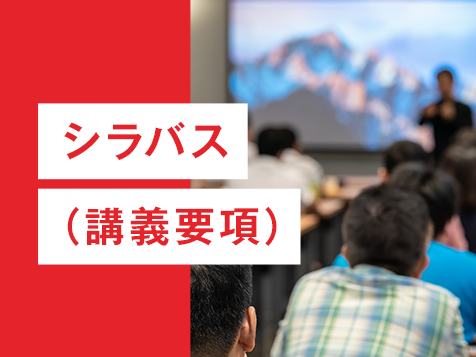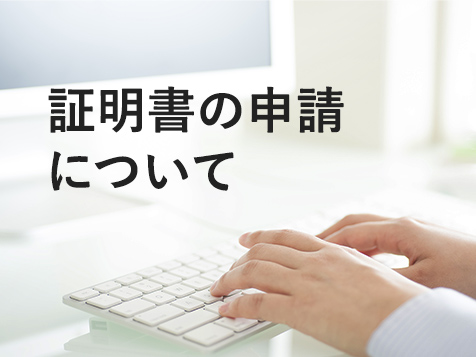学部・大学院・専門職大学院
2018 Kidachi Seminar GFS report of field survey⑦
Theme :Prof. Oppewal: Modeling sequential spatial choice: a trip-planning study
Dr. Gupta: New product development
Visited organition:Monash University
Date of visit :September 17th,2018(Monday) 3:00pm-4:30pm
Responder :Prod. Harmen Oppewal (ACRS, Head of Department of Marketing)
Dr. Samir Gupta (Department of Marketing)
Attended Member:Manao Kidachi Seminar from Chuo University
(16 students and 1 graduate student)
The purpose of survey:
The purpose of this survey is to learn new product development and consumer behavior from two researchers of one of Australia's major universities, and acquiring new knowledge for students.
The result of survey:
To begin with, at Monash university lecture on September 17 (Monday), Dr. Gupta gave a presentation and explanation on "New product development". After that, Prof. Oppewal made a presentation on " Modeling sequential spatial choice: a trip-planning study ". Finally, Dr. Gupta and Prof. Oppewal answered questions from seminar students.
In Mr. Gupta's lecture on "New product development", he taught us about developing a new product to provide emergency health services which he is now studying. He showed us a problem how the number of cables of medical instruments used in ambulances was too much to handle. In order to solve such a problem, he develops new products.
It was interesting that Stage-gate model was used in the development of new product. In this Stage-gate model, the most impressive stage is stage 4. Stage 4 is the part that test and validate by making prototypes many times. In fact, when his team made the electrode pad jacket to be used in patient emergencies, they made the prototype 12 times. This is because it sticks to the accuracy in obtaining patient information. We were impressed by this commitment.
In Prof. Oppewal's lecture on " Modeling sequential spatial choice: a trip-planning study ", he gave us a presentation on how he was planning to do at the conference held in Kobe.
This was a research about an individual selection model corresponding to a situation where a decision makers select one route from multiple choices during a trip. This model also analyzes and takes into account the accumulated data on how the past tourists made the choice. A research method of this model is by planning a day trip in a virtual city. The most impressive thing in this model experiment is that the star rating has a strong influence on people's choice. Certainly, when we select places to visit, it is greatly affected by the evaluation of others.
In the question and answer time, one of students asked Prof. Oppewal how to incorporate this point into this model since this model does not reflect the segmentation of the target. He answered that creating a model for each target is certainly important, and its incorporation is a future task.
Through this lecture, we learned that adapting to the needs of consumers and recipients in medical and IT fields will lead to the development of those fields. And in the field of marketing, we learned that awareness of little details will make great results.
Also, we visited the library of the university before the lectures. We saw the students are studying seriously, and felt strongly about the enthusiasm for studying from the students at Monash University. Their attitude towards study was very stimulating for us.
Finally, we sincerely thank Professor Harmen Oppewal and Dr. Samir Gupta for warmly welcoming us and giving us valuable opportunity. We would like to make use of this experience from now on.
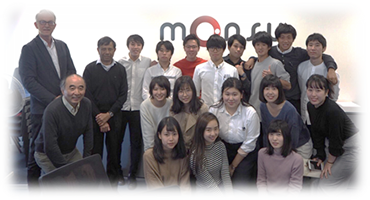
(At Monash University)
(Responsibility of the report: Takuma Hiro, Haruki Abe, Kakeru Tanaka, Mana Tokiwa)
